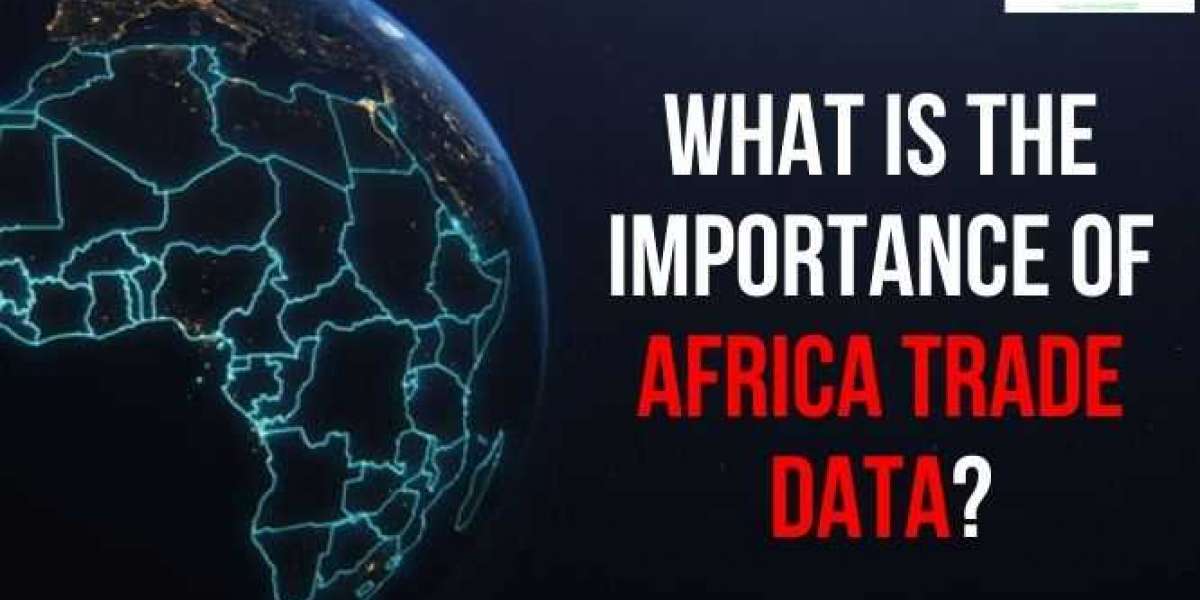The importance of specific trades can vary from country to country and region to region within the continent. Here are some of the most important trades in Africa:
- Agriculture: Agriculture is a significant sector in Africa, employing a large portion of the population and contributing significantly to the GDP of many African countries. According to Africa Trade Data key agricultural products include cereals (such as maize, rice, and sorghum), cash crops (like cocoa, coffee, and tea), fruits, vegetables, and livestock.
- Mining and Minerals: Africa is rich in mineral resources, making mining a vital trade. The continent is a major producer of minerals such as gold, diamonds, platinum, copper, iron ore, and various industrial minerals. Mining activities contribute substantially to export earnings in several African countries.
- Oil and Gas: Many African countries have significant oil and gas reserves, making the extraction and export of these resources a crucial trade. Major oil-producing countries in Africa include Nigeria, Angola, and Algeria.
- Tourism: Tourism is an essential industry in several African countries, attracting visitors from around the world to experience the continent's rich cultural heritage, diverse wildlife, and scenic landscapes.
- Manufacturing and Industry: Some African countries have been investing in manufacturing and industrial sectors, producing goods for domestic consumption and export. These industries contribute to economic growth and employment opportunities.
- Services: The services sector, including banking, telecommunications, and information technology, is growing in importance across Africa as the continent embraces digital technologies and urbanization.
- Infrastructure and Construction: With increasing urbanization and development projects, infrastructure and construction trades have become vital for African economies.
- Textiles and Apparel: Some African countries have thriving textile and apparel industries, producing clothing and textiles for domestic and export markets.
- Financial Services: The financial sector, including banking and insurance, is essential for supporting economic activities and investments in Africa.
It is important to note that the significance of these trades can vary based on factors such as regional resources, government policies, global market demands, and infrastructure development. Additionally, as time progresses, new trends and opportunities may emerge, influencing the importance of various trades in Africa's economy. For the most current and detailed information on Africa's trades and economies, I recommend consulting recent reports from reputable sources like the African Development Bank, World Bank, and other international organizations.














